Alumni of Vietnamese language faculty in Korea: Striving for the development of Vietnam in the next 50 years
(VNF) - They are Korean diplomats, lecturers, entrepreneurs, consultants, fresh graduates working or seeking opportunities in Vietnam. From different part of the world, they flocked to Ho Chi Minh City (HCMC) to celebrate the 50th anniversary of the first Vietnamese language faculty in Korea.
The first Vietnamese language faculty and the difficult beginning
Former Consul Kim Jae Chon, an alumnus of the Vietnamese language faculty, recalled the early day of his alma mater: “In March 1967, the Vietnamese language faculty under the Hankuk University of Foreign Studies was founded to meet with the then demand brought by the ongoing war in Vietnam. A few years later, when the war ended, Vietnam - Korea relations remained in a gloomy stage. Those were the dark years of bilateral ties. The proposal of terminating the Vietnames language faculty had even emerged sometimes.”
In 1970s, students of the faculty felt desperate for their future. “They felt ashamed and guilty. They did not dare to let other know their major was Vietnamese language. Instead, they said they were from the faculty of English or Japanese, since these languages were highly valued in the country at that time,” Consul Kim said.
 |
Consul Kim Jae Chon (photo: Thanh Nha)
Thing began to change in 1986, when Vietnam entered its Doi Moi (Renewal) process. Since the country started to pursue higher level of openness, shifting economic development direction toward market economy, brighter prospect for the faculty's students was unveiled.
However, the teachers and students still had to cope with various obstacles in teaching and learning Vietnamese.
Due to limited contact with Vietnam, students in Hankuk University of Foreign Studies had to rely on the help of Japanese friends, since the study resources was more abundant in the neighbor country (Japan established diplomatic ties with Vietnam in 1973).
"The Nhan Dan (People) Newspaper were the precious gifts we received from our peers from two University of Foreign Studies in Tokyo and Osaka. In addition, we tried to practice Vietnamese through writing letters to friends who pursued the same major in Japan. They were the special bridge connecting us and Vietnam.”
Reading and speaking to native speakers are highly important to language learners. However, due to limited development of information technology, in the 1980s, 1990s, students like Consul Kim only could practice Vietnamese language through reading the Nhan Dan newspapers they had and exchanging letters with Japanese friends. “We were hopeless, since diplomatic ties were yet to be set up, there was no embassy in the country. No Vietnamese community in Korea, too.” Kim added.
Nevertheless, if there is a will, there will be a way. Students of the Vietnamese faculty like Kim did their best to polish their foreign language skills.
They managed to meet with the Vietnamese immigrants who were staying temporarily in Korea, waiting to be accepted by a third country. Once or twice a month, they invited these people to Hankuk University of Foreign Studies just to...listen to Vietnamese, the language they were aspire to hear.
The faculty's heyday
In December 1992, diplomatic relations between Vietnam and Korea were formally established. Students of Vietnamese language faculty began to enjoy their ‘heyday’.
In the following year, Kim applied for a job in the Korean Ministry of Foreign Affairs.
To be qualified for the job, Kim and other candidates had to go through several examinations, including foreign language test. And for Kim, it was Vietnamese.
“None of the diplomats there could test my Vietnamese proficiency. At the same time, my professor who taught me in college could not be selected to be the examiner in order to ensure fairness. The person who helped test my Vietnamese language skills was madam Le Thieu Ngan, spouse of the first Vietnamese ambassador to Korea, Nguyen Phu Binh,” Kim recalled.
 |
Consul Kim (L) and Ambassador Nguyen Phu Binh in Jeju Island preparing for the visit of General Secretary Do Muoi to Korea in 1995 (photo: KJC)
Since then, Vietnamese language has become an inseparable part of Kim's diplomatic career. One of the great milestones in his career was working alongside Ambassador Nguyen Phu Binh and co-workers from two Ministries of Foreign Affairs to successfully organize a visit for Secretary-General Do Muoi to Korea in May 1995.
In the last 25 years, Consul Kim has relentlessly contributed to the development of Vietnam and Korea relations. His contribution has been acknowledged by HCMC authorities and the diplomatic agencies of Vietnam through various medals and certificates.
Consul Kim is also one among very few senior diplomats in Korea who can speak Vietnamese fluently and possess in-depth understanding of bilateral ties in multi fields, such as economics, politics and foreign affairs.
Koreans join hands for the growth of Vietnam
Jeon Jong Hoon, President of the Vietnamese Language Faculty Alumni Club in HCMC is another alumnus who has been working hard for the growth of bilateral ties. After graduating from Hankuk University of Foreign Studies in the 1990s, Jong Hoon came to HCMC. He is now working in the city for an American company.
 |
Alumni from the Vietnamese language faculty reunite in HCMC (photo: JJH)
Nowadays, the Korean youth are also getting more interested in Vietnam.
Zin, a young alumnus of the Vietnamese language faculty 2 years ago, is working in HCMC.
Zin even owns a Youtube channel attracting mass number of subcribers. “Learning Vietnamese is now a hot trend in Korea,” Zin said.
Today, the Hankuk University of Foreign Studies is no longer the only school providing Vietnamese language programme, since Vietnamese language faculty has been launched in the University of Busan and Chongun, while Vietnamese courses are available in some other schools.
The first batch of Korean students majoring in Vietnamese language have become the seniors in teaching Vietnamese and Vietnamese study. Meanwhile, more and more youngsters in Korea are seeking opportunities in Vietnam, their second homeland.
Regardless of where they stay, Koreans who attaches to Vietnamese language always keep in mind the commitment to nourishing bilateral ties.
“In the past 50 years, we have gained a lot from Vietnam. We hope that in the next 50 years, we can contribute back to the development of the country. I believe that, as experts in Vietnamese language, we will keep joining hands to make things happen,” Jong Hoon said in a recent alumni gathering in HCMC./.
( Translated by Phi Yen )
Recommended
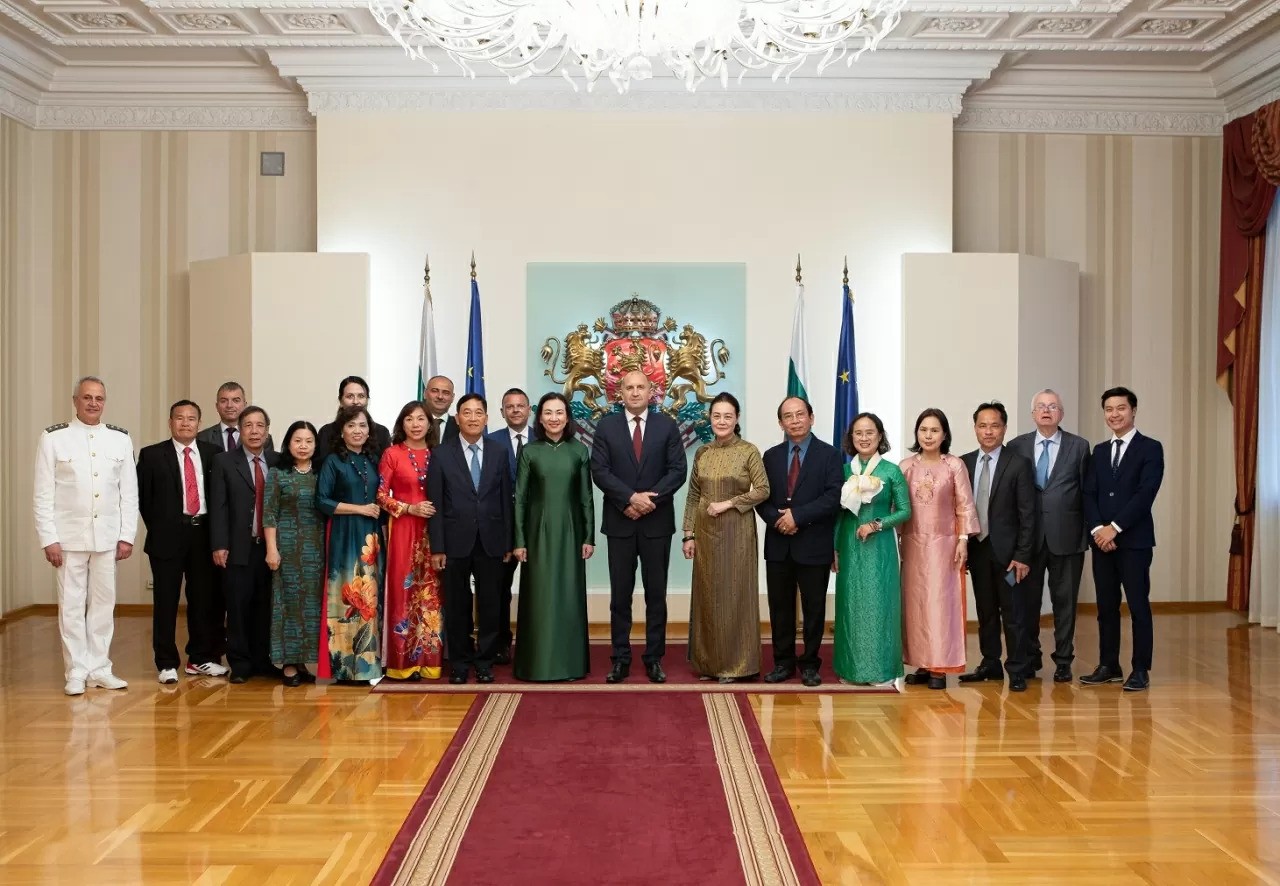 Friendship
Friendship
People-to-People Diplomacy: Sustainable Bridge of Vietnam-Bulgaria Friendship
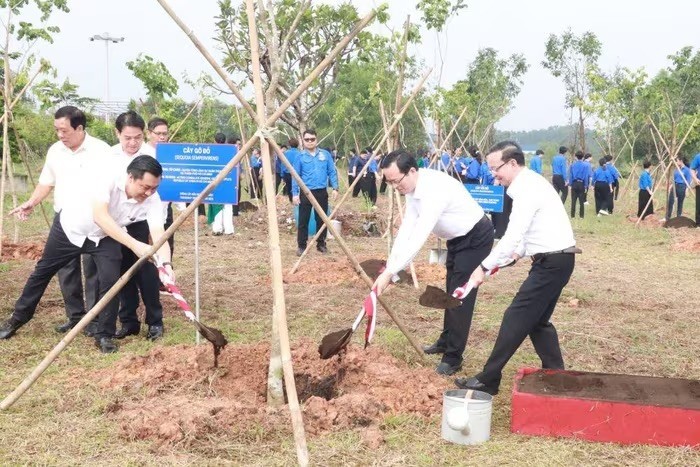 Friendship
Friendship
Binh Duong Hosts Tree Planting to Mark 75 Years of Vietnam-China Diplomatic Ties
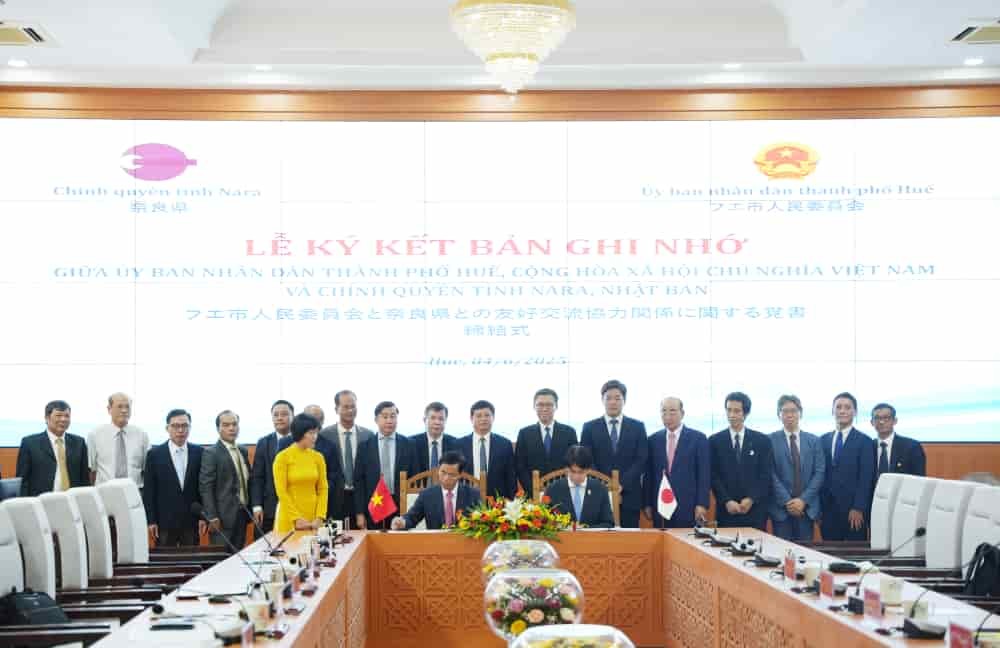 Friendship
Friendship
Hue, Nara Prefecture (Japan) Cooperate to Promote Cultural Heritage Values
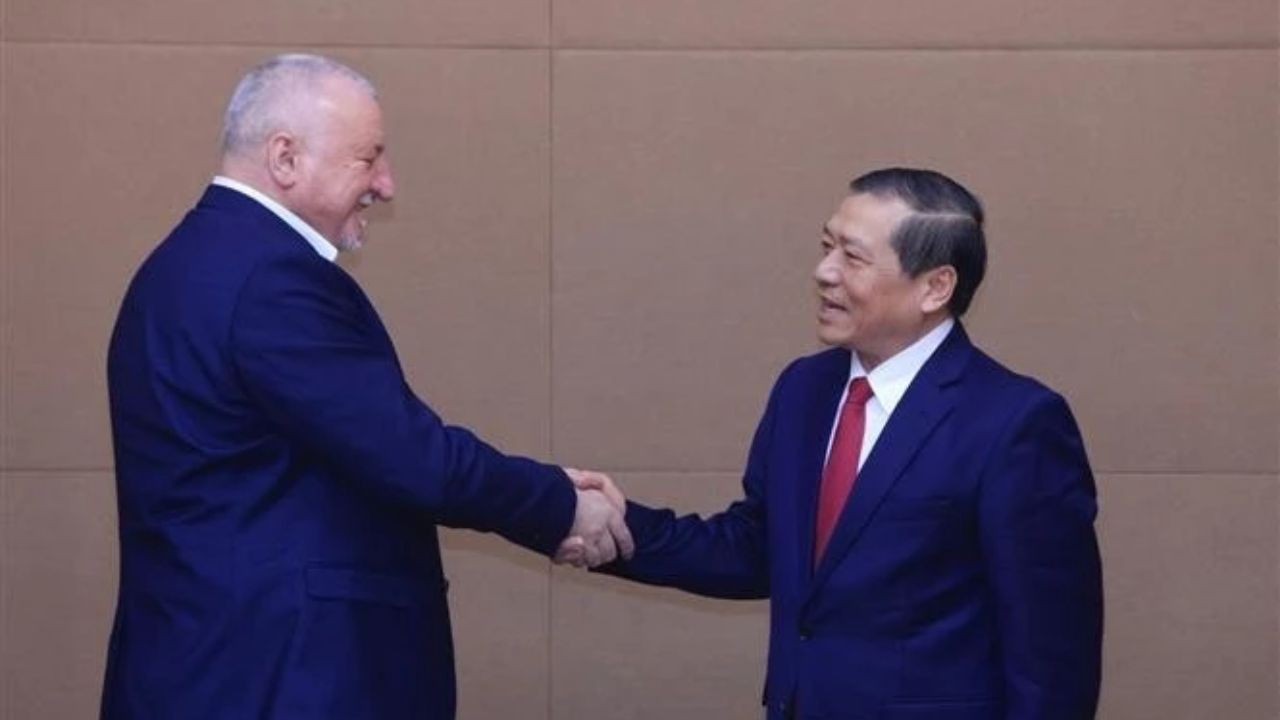 Friendship
Friendship
Strengthening Vietnam-Hungary Friendship
Popular article
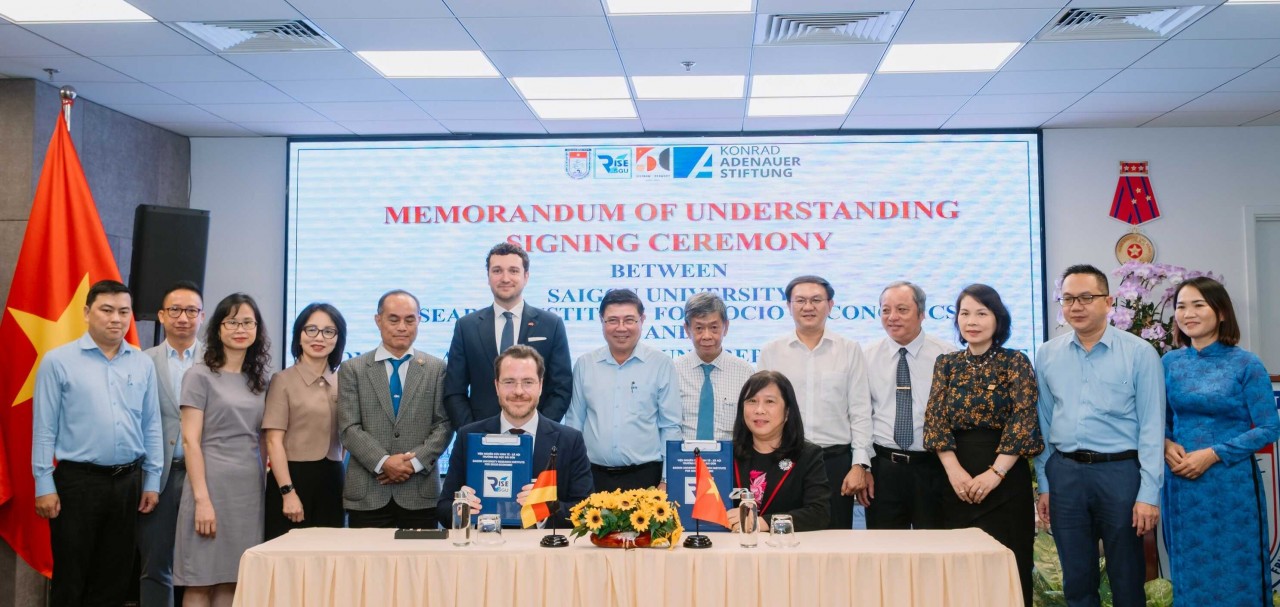 Friendship
Friendship
Another Vietnamese University Partners with Germany’s Konrad Adenauer Stiftung
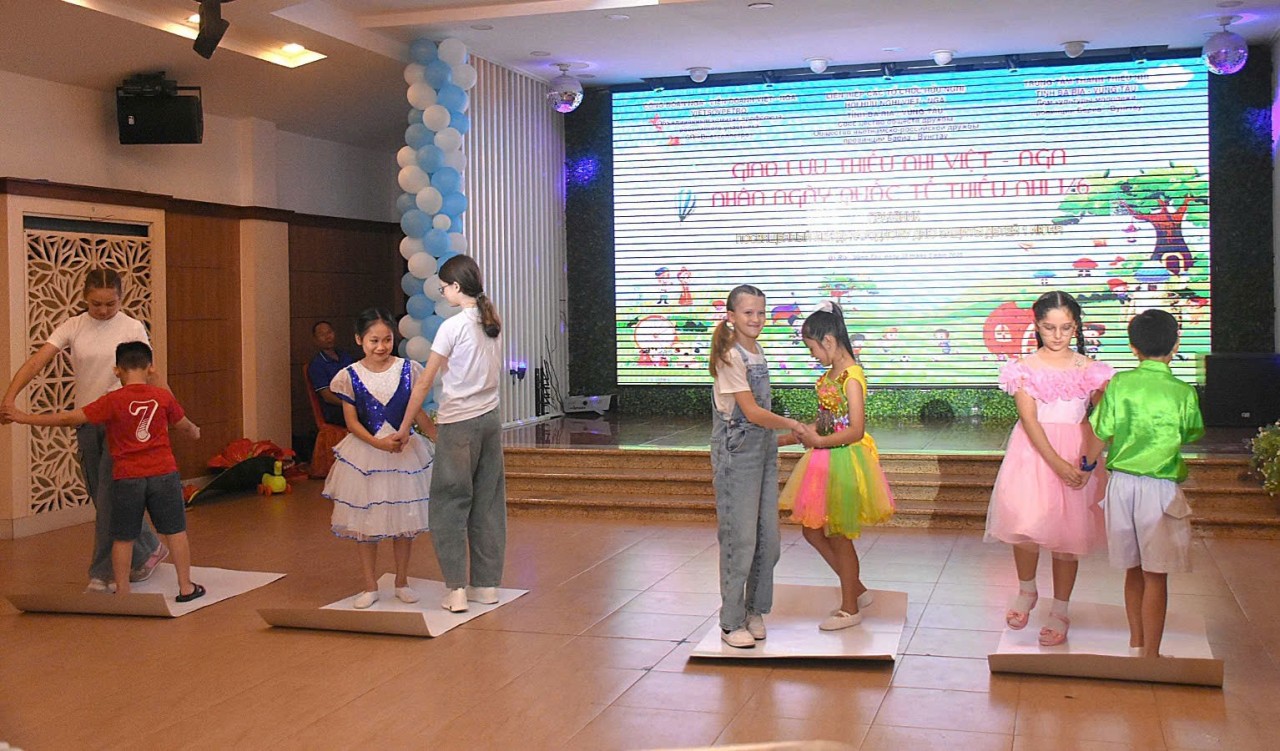 Friendship
Friendship
Over 200 Vietnamese and Russian Children Join “Red Scarf Of Friendship”
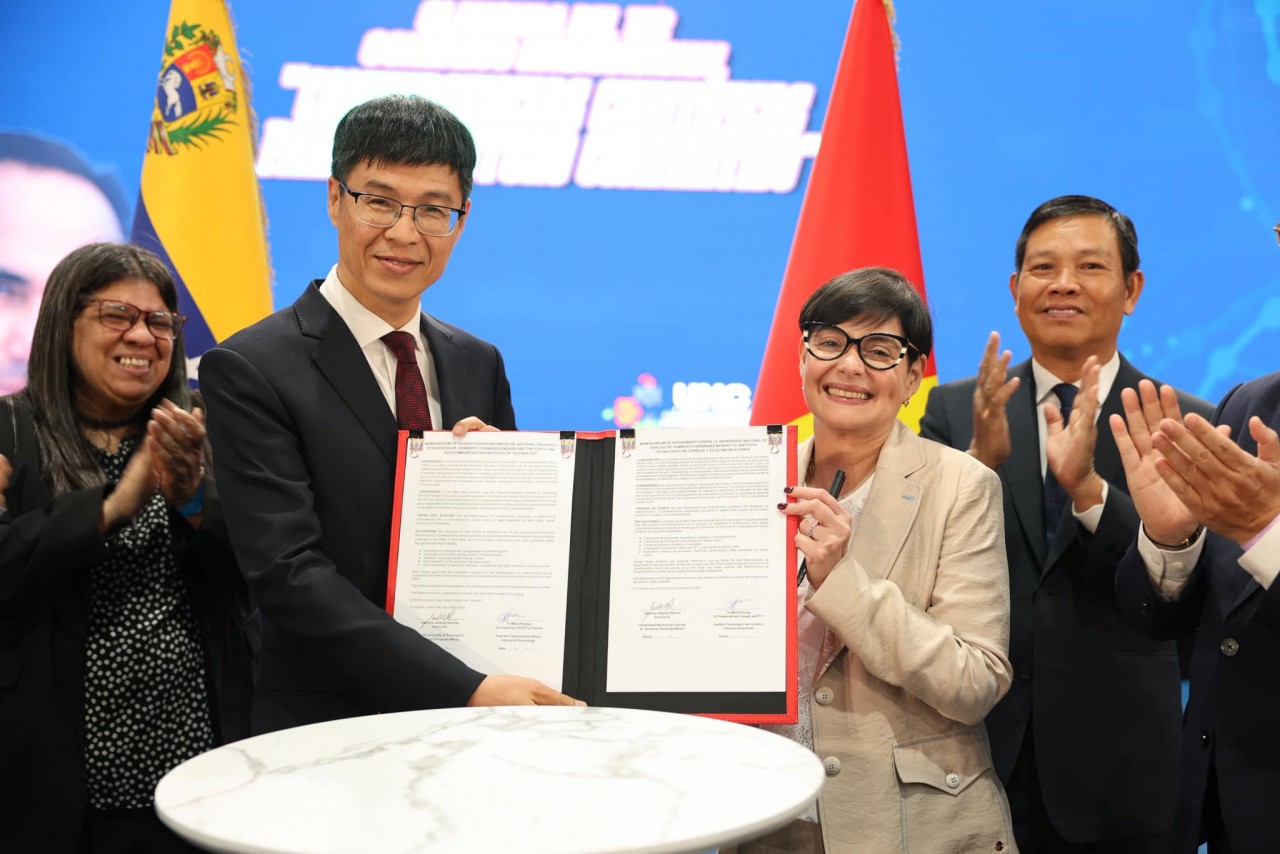 Friendship
Friendship
Venezuela Seeks Vietnam’s Expertise in Science and Technology
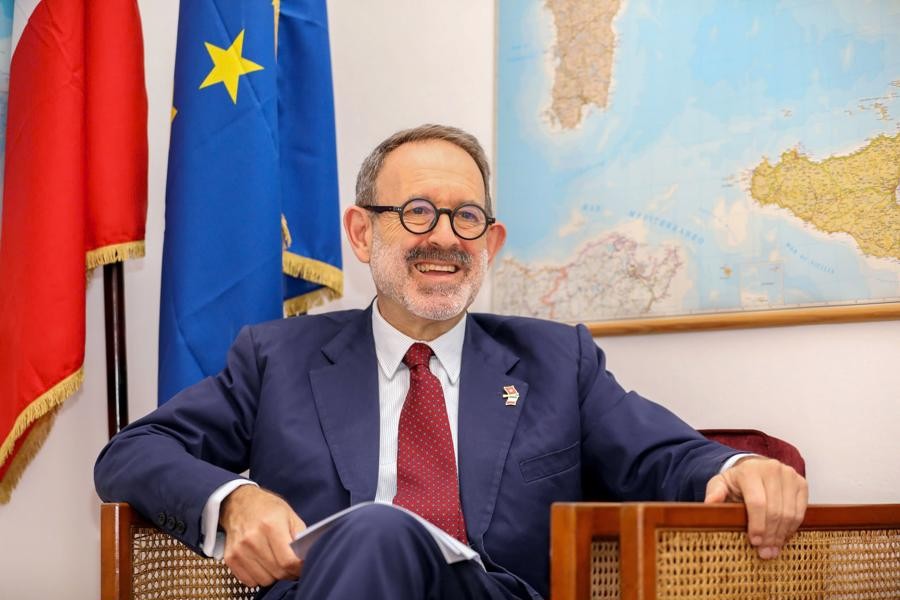 Friendship
Friendship



